7F2 Science
Section outline
-
Kia ora 7F2! My name is Ms Brandauer ibrandauer@mhjc.school.nz and I am your science teacher for the year. I hope you have had a great holiday and are ready to explore science!
Learning Intentions: We are learning to (WALT)...
- Work as a team
- Get to know each other
Activities:
- Getting to know Ms Brandauer
- Icebreaker games
- Label your books and personalise it
Homework: Personalise front and back cover of your book for next week.
All class work NOT completed will be completed for Homework !!
-

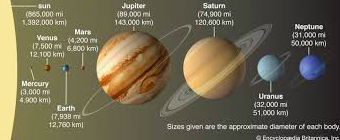
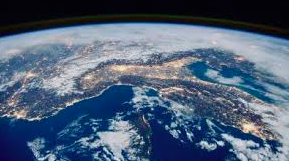

Kia ora 7F2 students. Below you will find this terms Achievement Objective and the Learning Intention.Big Idea: “Tūrangawaewae - Where do we stand?” Māori World View
Achievement Objectives
Nature of science
Investigating in science
-
Build on prior experiences, working together to share and examine their own and others’ knowledge.
-
Ask questions, find evidence, explore simple models, and carry out appropriate investigations to develop simple explanations.
Planet Earth and beyond
Astronomical systems
- Investigate the components of the solar system, developing an appreciation of the distances between them.
Learning Intentions: We are learning to (WALT)...
- know the order of the planets in our solar system
- compare and contrast Earth with another planet in our solar system
- understand the scale of items within the universe
- understand the relative size of the planets within the solar system
- explore the star clusters of Matariki
Success Criteria: I can/have..
- know the name and order of the planets in our solar system
- compare Earth with another planet in our solar system
- describe similarities and differences between Earth and another planet in our solar system
- appreciate the vastness of the solar system
Activities:
- Teacher-led activities and discussion to understand the order of the solar system
- Google classroom activities
- Produce an outline of facts and features of the solar system
Vocab:
- orbit
- solar
- planet
- galaxy
- comet
- milky way
- helium
- debris
- hydrogen
- meteor
- asteroid
- terrestrial planets
- jovian planets
Homework: Education Perfect
All Class work NOT completed will be completed for Homework !!
-
-




Kia ora 7F1 students. Below you will find this terms Achievement Objective and the Learning Intention.Big Idea: “Tūrangawaewae - Where do we stand?” Māori World View
Achievement Objectives
Nature of science
Investigating in science
-
Build on prior experiences, working together to share and examine their own and others’ knowledge.
-
Ask questions, find evidence, explore simple models, and carry out appropriate investigations to develop simple explanations.
Planet Earth and beyond
Astronomical systems
- Investigate the components of the solar system, developing an appreciation of the distances between them.
Learning Intentions: We are learning to (WALT)...
- know the order of the planets in our solar system
- compare and contrast Earth with another planet in our solar system
- understand the scale of items within the universe
- understand the relative size of the planets within the solar system
Success Criteria: I can/have..
- know the name and order of the planets in our solar system
- compare Earth with another planet in our solar system
- describe similarities and differences between Earth and another planet in our solar system
- appreciate the vastness of the solar system
Activities:
- Teacher-led activities and discussion to understand the order of the solar system
- Google classroom activities
- Produce an outline of facts and features of the solar system
Vocab:
- orbit
- solar
- planet
- galaxy
- comet
- milky way
- helium
- debris
- hydrogen
- meteor
- asteroid
- terrestrial planets
- jovian planets
Homework: Education Perfect
All Class work NOT completed will be completed for Homework !!
-
-
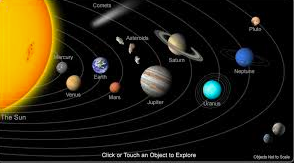


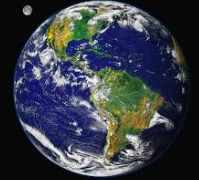
Kia ora 7F2 students. Below you will find this terms Achievement Objective and the Learning Intention.Big Idea: “Tūrangawaewae - Where do we stand?” Māori World View
Achievement Objectives
Nature of science
Investigating in science
-
Build on prior experiences, working together to share and examine their own and others’ knowledge.
-
Ask questions, find evidence, explore simple models, and carry out appropriate investigations to develop simple explanations.
Planet Earth and beyond
Astronomical systems
- Investigate the components of the solar system, developing an appreciation of the distances between them.
Learning Intentions: We are learning to (WALT)...
- know the order of the planets in our solar system
- compare and contrast Earth with another planet in our solar system
- understand the scale of items within the universe
- understand the relative size of the planets within the solar system
Success Criteria: I can/have..
- know the name and order of the planets in our solar system
- compare Earth with another planet in our solar system
- describe similarities and differences between Earth and another planet in our solar system
- appreciate the vastness of the solar system
Activities:
- Teacher-led activities and discussion to understand the order of the solar system
- Google classroom activities
- Produce an outline of facts and features of the solar system
- Create a paper mache model of your chosen planets.
Vocab:
- orbit
- solar
- planet
- galaxy
- comet
- milky way
- helium
- debris
- hydrogen
- meteor
- asteroid
- terrestrial planets
- jovian planets
Homework: Education Perfect
All Class work NOT completed will be completed for Homework !!
-
-




Kia ora 7F2 students. Below you will find this terms Achievement Objective and the Learning Intention.
Big Idea: “Tūrangawaewae - Where do we stand?” Māori World View
Achievement Objectives
Nature of science
Investigating in science
Build on prior experiences, working together to share and examine their own and others’ knowledge.
Ask questions, find evidence, explore simple models, and carry out appropriate investigations to develop simple explanations.
Planet Earth and beyond
Astronomical systems
- Investigate the components of the solar system, developing an appreciation of the distances between them.
EXPLORE / TŪHURA learning intentions:
- We are EXPLORING and investigating the distances between the planets in the solar system.
- We are EXPLORING the physical characteristics of the planets.
- We are EXPLORING the time cycles of Earth.
ACTIVITIES
See Google Classroom
Homework
Education Perfect
-




Kia ora 7F2 students. Below you will find this terms Achievement Objective and the Learning Intention.
Big Idea: “Tūrangawaewae - Where do we stand?” Māori World View
Achievement Objectives
Nature of science
Investigating in science
-
Build on prior experiences, working together to share and examine their own and others’ knowledge.
-
Ask questions, find evidence, explore simple models, and carry out appropriate investigations to develop simple explanations.
Planet Earth and beyond
Astronomical systems
- Investigate the components of the solar system, developing an appreciation of the distances between them.
EXPLORE / TŪHURA learning intentions:
- We are EXPLORING and investigating the distances between the planets in the solar system.
- We are EXPLORING the physical characteristics of the planets.
- We are EXPLORING the time cycles of Earth.
ACTIVITIES
See Google Classroom
Vocabulary
-
Orbit
-
Solar
-
Planet
-
Galaxy
-
Comet
-
Milky way
-
Helium
-
Debris
-
Hydrogen
-
Meteor
-
Asteroid
-
Terrestrial planets
-
Jovian planets
-
Astronomical Unit (AU)
Homework
Education Perfect
-
-




Kia ora 7F2 students. Below you will find this terms Achievement Objective and the Learning Intention.
Big Idea: “Tūrangawaewae - Where do we stand?” Māori World View
Achievement Objectives
Nature of science
Investigating in science
-
Build on prior experiences, working together to share and examine their own and others’ knowledge.
-
Ask questions, find evidence, explore simple models, and carry out appropriate investigations to develop simple explanations.
Planet Earth and beyond
Astronomical systems
- Investigate the components of the solar system, developing an appreciation of the distances between them.
EXPLORE / TŪHURA learning intentions:
- We are EXPLORING and investigating meteoroids, asteroids, and comets.
- We are EXPLORING the time cycles of Earth.
Success criteria
describe what meteoroids, asteroid and comets are.
understand the formation of day and night
describe how the seasons are formed
ACTIVITIES
See Google Classroom
Homework
Education Perfect
-
-

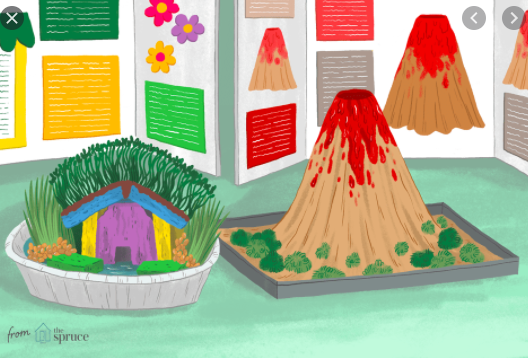
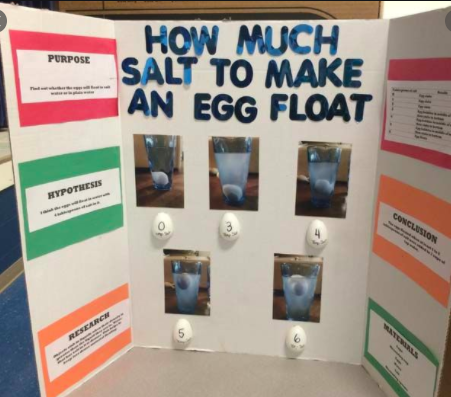
Kia ora 7F2 students.
We will be working on our Science Fair Project for the whole of Term 2. This will need to be done at home, in class we will learn about the scientific method.
This week please refer to Google Classroom "2020 Science Fair Resource Page" where all the information you need will be found. You need to choose a topic you are interested in and then formulate a question you would like to investigate. -


Kia ora 7F2 students. Hope you and your family are all well and had a great holiday. This week is our first week back and we are starting our online learning.
Week 1 of Term 2 will be for you to work on your first assessment for this year. I have attached the assessment below so please go ahead and read through it. It should be straightforward but if you have any questions please contact me via email. I will be available for you in your timetabled science class. I will also post some more guidelines for your assessment and discuss the TAAB with you on Google Classroom.
Homework will be for you to work on your science fair project. By now you should have decided on your experiment. Please email me your chosen experiment and we can discuss together.
Please refer to Google Classroom as my instructions and school work to be done will be posted there.PLAN & DO / WHAKAMAHI learning intentions:
- We are PLANNING to construct the solar system so that we can develop an appreciation of the distances between the planets.
-


Kia ora 7F2 students.
It's now Week 2 of Term 2 and we will still be working on our assessment.
We are also working on our science fair project. By now you all should have a topic you like and have written all you have done so far into your logbook. This week we will formulate our hypothesis and do some background research on the topic you have chosen.
Homework will be for you to work on your science fair project.
PLAN & DO / WHAKAMAHI learning intentions:
- We are PLANNING on constructing the solar system so that we can develop an appreciation of the distances between the planets.
-

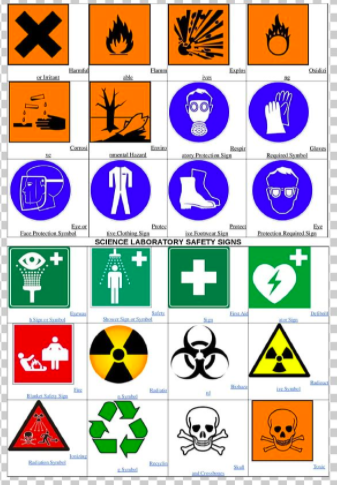
Kia ora 7F2 students. Below you will find this terms Achievement Objective and the Learning Intention.
Achievement Objectives
Nature of science
Investigating in science
-
Build on prior experiences, working together to share and examine their own and others’ knowledge.
-
Ask questions, find evidence, explore simple models, and carry out appropriate investigations to develop simple explanations.
EXPLORE / TŪHURA learning intentions:
- We are EXPLORING safety in the laboratory by recognising potential hazards in the laboratory.
- We are EXPLORING safety in the laboratory by defining potential hazard in the laboratory
SUCCESS CRITERIA
explain how to be safety rules in the laboratory
recall common hazard symbols
Identify hazards in the lab
ACTIVITIES
See Google Classroom for all the activities
Period 2
Ms Brandauer explaining lab safety on google meet
Worksheets
Period 3
Watch the video from youtube
Worksheets on Google Classroom
Introduction to brain pop
Homework
Science fair - Formulate your hypothesis. For how to write the best hypothesis go to Google Classroom. I have posted a document.
-
-


Kia ora 7F2 students. Below you will find this terms Achievement Objective and the Learning Intention.
Achievement Objectives
Nature of science
Investigating in science
-
Build on prior experiences, working together to share and examine their own and others’ knowledge.
-
Ask questions, find evidence, explore simple models, and carry out appropriate investigations to develop simple explanations.
EXPLORE / TŪHURA learning intentions:
- We are EXPLORING safety in the laboratory by recognising potential hazards in the laboratory.
- We are EXPLORING safety in the laboratory by defining potential hazard in the laboratory
SUCCESS CRITERIA
-
explain how to be safety rules in the laboratory
-
recall common hazard symbols
-
Identify hazards in the lab
ACTIVITIES
See Google Classroom for all the activities
Period 1
Google meet call with Ms Bennett - Introducing laboratory equipment
Worksheets 'Problem solving'
"Lab safety - work the hazards"
"Problem-solving
Period 2
Design a poster
Brainpop Log in
Username: MHJC
Password: 1student
Period 3
Science fair project
Homework
Science fair - Formulate your hypothesis. For how to write the best hypothesis go to Google Classroom. I have posted a document.
-
-



Kia ora 7F2 students. Below you will find this terms Achievement Objective and the Learning Intention.
Achievement Objectives
Nature of science
Investigating in science
-
Build on prior experiences, working together to share and examine their own and others’ knowledge.
-
Ask questions, find evidence, explore simple models, and carry out appropriate investigations to develop simple explanations.
EXPLORE / TŪHURA learning intentions:
- We are EXPLORING to define the steps of the scientific method.
- We are EXPLORING use the scientific method to create an investigation.
- We are EXPLORING to conduct a fair test.
SUCCESS CRITERIA
-
I can recall the correct order of what to do when using the scientific method
I can describe the importance of a fair test.
I can conduct a fair test.
ACTIVITIES
See Google Classroom for all the activities.
Period 1
Ms Brandauer explaining the scientific method on google meet
Youtube 'Scientific method rap"
Worksheet
Period 2
Brainpop
Watch video and answer worksheet
Period 3
Brain pop
Worksheet and games
Homework
Education Perfect
-
-



Kia ora 7F2 students. Below you will find this terms Achievement Objective and the Learning Intention.
Achievement Objectives
Nature of science
Investigating in science
-
Build on prior experiences, working together to share and examine their own and others’ knowledge.
-
Ask questions, find evidence, explore simple models, and carry out appropriate investigations to develop simple explanations.
EXPLORE / TŪHURA learning intentions:
- We are EXPLORING to define the steps of the scientific method.
- We are EXPLORING use the scientific method to create an investigation.
- We are EXPLORING to conduct a fair test.
SUCCESS CRITERIA
-
I can recall the correct order of what to do when using the scientific method
-
I can describe the importance of a fair test.
-
I can conduct a fair test.
ACTIVITIES
See Google Classroom for all the activities.
Period 1
Catch up on unfinished work from the last few weeks.
Period 2
Introducing a practical investigation: Designing an experiment. Collect data.
Period 3
Write a hypothesis together.
Homework
Education Perfect
-
-
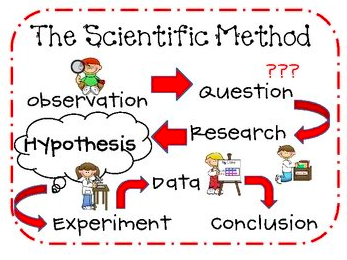



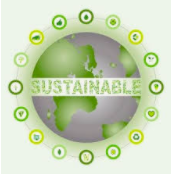
Kia ora 7F1 students. Below you will find this terms Achievement Objective and the Learning Intention.
Big Idea: Sustainability (Outlook for someday)
Achievement Objectives
Nature of science
Investigating in science
-
Build on prior experiences, working together to share and examine their own and others’ knowledge.
-
Ask questions, find evidence, explore simple models, and carry out appropriate investigations to develop simple explanations.
FOCUS / ARONGA learning intentions:
- We are FOCUSING to define a plan for asking questions and testing possible answers through the scientific method.
- We are FOCUSING on developing a written lab report where we investigate an issue in the environment.
- We are FOCUSING on discussing our findings from our investigation carried out through the scientific method.
SUCCESS CRITERIA
• write a detailed method.
• define independent, dependent and control variable.
• name the independent, dependent and control variable in my science fair project.
ACTIVITIES
See Google Classroom for all the activities.
Period 1
Write a detailed method with Ms Brandauer.
Work on writing the method for your science fair project.
Period 2
Science fair log book
Period 3
Introduction to variables - independent, dependent, and control variable.
Homework
Science fair project
-
-





Kia ora 7F2 students. Below you will find this terms Achievement Objective and the Learning Intention.
Big Idea: Sustainability (Outlook for someday)
Achievement Objectives
Nature of science
Investigating in science
-
Build on prior experiences, working together to share and examine their own and others’ knowledge.
-
Ask questions, find evidence, explore simple models, and carry out appropriate investigations to develop simple explanations.
FOCUS / ARONGA learning intentions:
- We are FOCUSING to define a plan for asking questions and testing possible answers through the scientific method.
- We are FOCUSING on developing a written lab report where we investigate an issue in the environment.
- We are FOCUSING on discussing our findings from our investigation carried out through the scientific method.
SUCCESS CRITERIA• To identify the most important aspects of a results table.
• To understand how to organise data in a table format.
• To analyse the data and suggest improvements.
ACTIVITIES
See Google Classroom for all the activities.
Period 1
Recap what independent, dependent and control variables are.
Collect data.
Period 2
Powerpoint presentation on how to to organise data in a table format.
Transfer data into a result table and identify the most important aspects of a results table.
Period 3
Analyse your results with the help of Ms Brandauer
Homework
Science fair project
-
-





Kia ora 7F2 students. Below you will find this terms Achievement Objective and the Learning Intention.
Big Idea: Sustainability (Outlook for someday)
Achievement Objectives
Nature of science
Investigating in science
-
Build on prior experiences, working together to share and examine their own and others’ knowledge.
-
Ask questions, find evidence, explore simple models, and carry out appropriate investigations to develop simple explanations.
FOCUS / ARONGA learning intentions:
- We are FOCUSING to define a plan for asking questions and testing possible answers through the scientific method.
- We are FOCUSING on developing a written lab report where we investigate an issue in the environment.
- We are FOCUSING on discussing our findings from our investigation carried out through the scientific method.
SUCCESS CRITERIA• To identify the most important aspects of a results table.
• To understand how to organise data in a table format.
• To analyse the data and suggest improvements.
ACTIVITIES
See Google Classroom for all the activities.
Start your experiment for your science fair project.
Period 1
Finish data collection and transfer the data into a spreadsheet.
Graph your data.
Period 2
Looking at control variables and discuss the results of the long jump.
Period 3
Teacher only day.
Homework
Science fair project
-
-





Kia ora 7F2 students. Below you will find this terms Achievement Objective and the Learning Intention.
Big Idea: Sustainability (Outlook for someday)
Achievement Objectives
Nature of science
Investigating in science
-
Build on prior experiences, working together to share and examine their own and others’ knowledge.
-
Ask questions, find evidence, explore simple models, and carry out appropriate investigations to develop simple explanations.
FOCUS / ARONGA learning intentions:
- We are FOCUSING to define a plan for asking questions and testing possible answers through the scientific method.
- We are FOCUSING on developing a written lab report where we investigate an issue in the environment.
- We are FOCUSING on discussing our findings from our investigation carried out through the scientific method.
SUCCESS CRITERIA
• To summarise data.
• To draw conclusion from analysing data.
• To evaluate the quality of the data collected and identify improvements.
ACTIVITIES
See Google Classroom for all the activities.
You should have carried out your science fair experiment, this week you will write up your science fair report.
Period 1
Carry out an experiment and discuss your findings.
Period 2
Write up a detail discussion section for your experiment you conducted.
Period 3
Write conclusion and application section.
Homework
Science fair project
-
-





Kia ora 7F2 students. Below you will find this terms Achievement Objective and the Learning Intention.
Big Idea: Sustainability (Outlook for someday)
Achievement Objectives
Nature of science
Investigating in science
-
Build on prior experiences, working together to share and examine their own and others’ knowledge.
-
Ask questions, find evidence, explore simple models, and carry out appropriate investigations to develop simple explanations.
PLAN & DO / WHAKAMAHI learning intentions:
- We are PLANNING to conduct an investigation so that we can publish a science fair poster.
ACTIVITIES
See Google Classroom for all the activities.
You should have carried out your science fair experiment, this week you will write up your science fair report.
Period 1
Bouncing egg experiment - write up an analysis
Period 2
Bouncing egg experiment - write up a conclusion and an application
Period 3
Work on your science fair project.
Homework
Science fair project
-
-
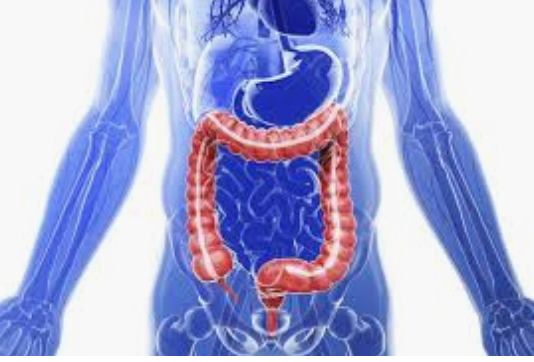

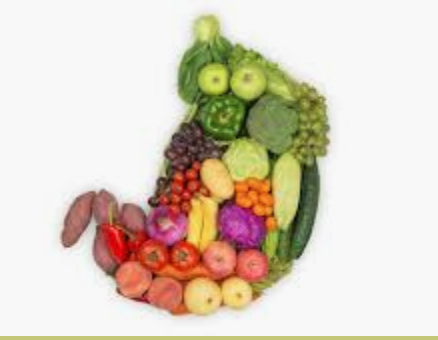

Kia ora 7F2 students. Welcome back to Term 3. Below you will find this terms Achievement Objective and the Learning Intention.
Big Idea: "Kia Kaha" - Standing strong
Achievement Objectives
Living world Level 3/4
Life processes
Recognise that there are life processes common to all living things and that these occur in different ways.
-
EXPLORE / TŪHURA learning intentions:
- We are EXPLORING to investigate the different nutrients in food
- We are EXPLORING to recognise the main food groups and their role in the body
-
We are EXPLORING to investigate the structures of our organ systems
-
We are EXPLORING to investigate the function of the digestive system
SUCCESS CRITERIA
- Know the name of the five food types
- Understand the role of the main food groups in our body
- Able to name the organs in our body
- Describe the function of the organs in our body
ACTIVITIES
See Google Classroom for all activities
Lesson 1
Introduction to this terms context
Science fair grades and boards
-
Lesson 2
What is good strong health?
Video
Teacher led activity
-
Lesson 3
Brain pop activity
-
Homework
-

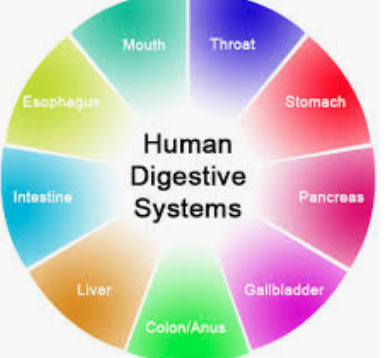

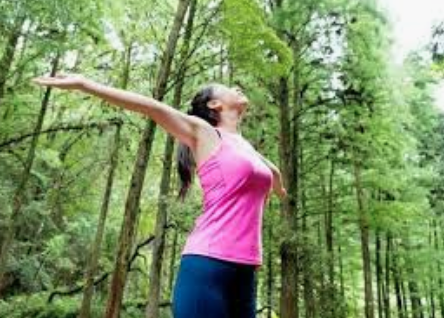
Kia ora 7F2 students. Welcome back to Term 3. Below you will find this terms Achievement Objective and the Learning Intention.
Big Idea: "Kia Kaha" - Standing strong
Achievement Objectives
Living world Level 3/4
Life processes
Recognise that there are life processes common to all living things and that these occur in different ways.
-
EXPLORE / TŪHURA learning intentions:
- We are EXPLORING to investigate the different nutrients in food
- We are EXPLORING to recognise the main food groups and their role in the body
-
We are EXPLORING to investigate the structures of our organ systems
-
We are EXPLORING to investigate the function of the digestive system
SUCCESS CRITERIA
- Know the name of the five food types
- Understand the role of the main food groups in our body
- Able to name the organs in our body
- Describe the function of the organs in our body
ACTIVITIES
See Google Classroom for all activities
Lesson 1
Powerpoint presentation on organsystem
Discussion with Ms B
Lesson 2
The structure of the Digestive system
You tube clip
Worksheet on Google Classroom
Lesson 3
Brain-pop
Homework
-




Kia ora 7F1 students. Welcome back to Term 3. Below you will find this terms Achievement Objective and the Learning Intention.
Big Idea: "Kia Kaha" - Standing strong
Achievement Objectives
Living world Level 3/4
Life processes
Recognise that there are life processes common to all living things and that these occur in different ways.
-
EXPLORE / TŪHURA learning intentions:
- We are EXPLORING to investigate the different nutrients in food
- We are EXPLORING to recognise the main food groups and their role in the body
-
We are EXPLORING to investigate the structures of our organ systems
-
We are EXPLORING to investigate the function of the digestive system
SUCCESS CRITERIA
- Know the name of the five food types
- Understand the role of the main food groups in our body
- Able to name the organs in our body
- Describe the function of the organs in our body
ACTIVITIES
See Google Classroom for all activities
Lesson 1
Digestive system organs PPP
Teacher led activity to understand the structure of the organs
Lesson 2
You tube clip on the structure of the organs
Brain pop activity
Lesson 3
Worksheet and group activityHomework
-




Kia ora 7F2 students. Welcome back to Term 3. Below you will find this terms Achievement Objective and the Learning Intention.
Big Idea: "Kia Kaha" - Standing strong
ACHIEVEMENT OBJECTIVE
Living world Level 3/4
Life processes
Recognise that there are life processes common to all living things and that these occur in different ways.
EXPLORE / TŪHURA learning intentions:
- We are EXPLORING to investigate the different nutrients in food
- We are EXPLORING to recognise the main food groups and their role in the body
- We are EXPLORING to investigate the structure of our organ system
- We are EXPLORING to investigate the function of the digestive system
SUCCESS CRITERIA
- Know the name of the five food types
- Understand the role of the main food groups in our body
- Able to name the organs in our body
- Describe the function of the organs in our body
ACTIVITIES
See Google Classroom for all activities.
Lesson 1
Modelling the structure of the digestive system with play-doug - Practical part of Science Assessment 3.
Lesson 2
Teacher led discussion about digestion in the mouth.
Organ function match
Board game
Lesson 3
Function of the Oesophagus and the Stomach
HOMEWORK
Unfinished work in school
-




Kia ora 7F2 students. Since we moved to level 3 we are going back to distance learning. This week there will be no science lessons as we as we in Forest Whanau are aiming to promote the 'good life': a flourishing society where citizen are happy, healthy, capable and engaged. A society where people have high levels of wellbeing!
Use the time table below to help you understand how to build the 'Five Ways to Wellbeing' into your week.
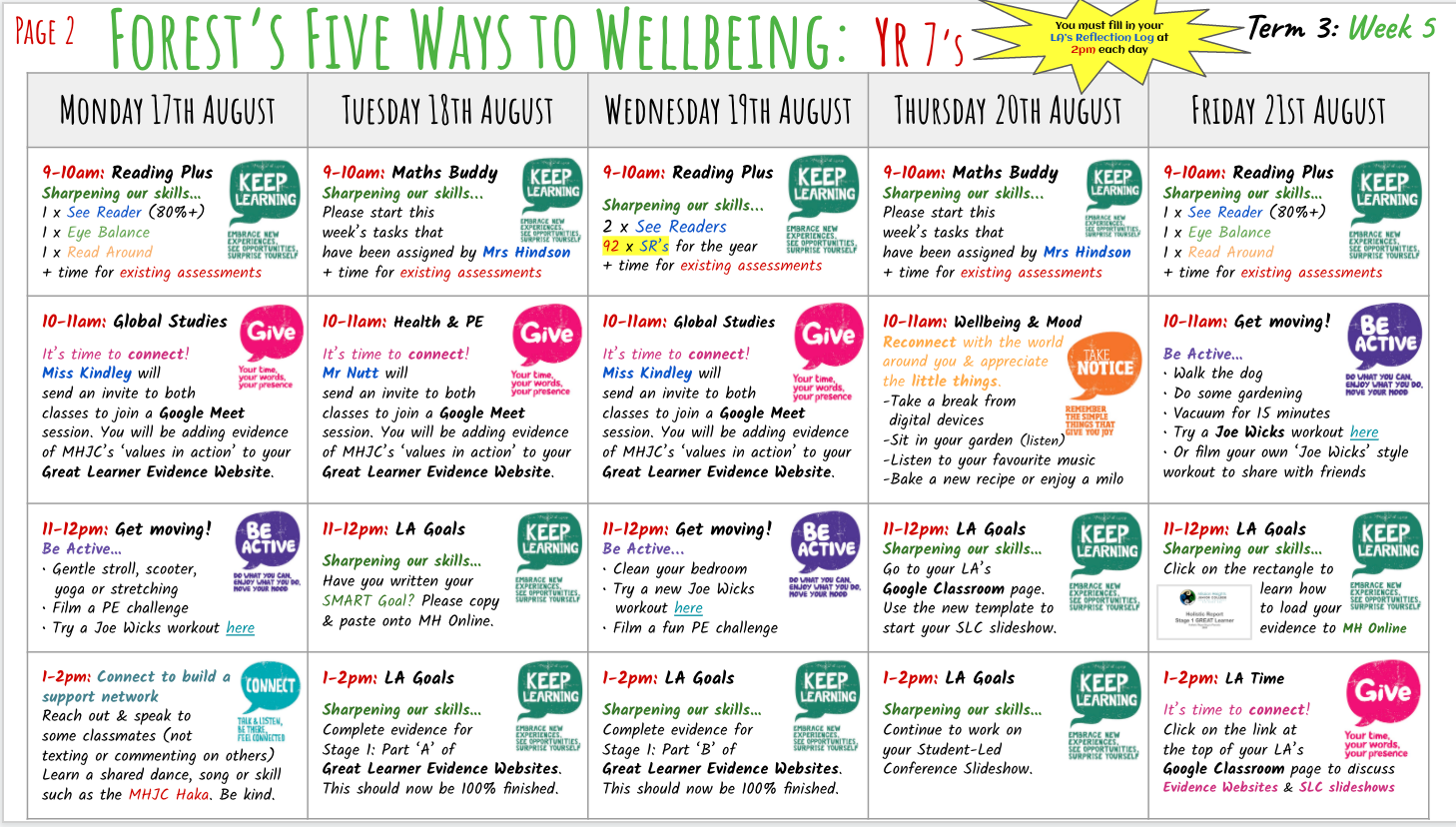
Keep well and if you have any questions please don't hesitate and email me.
Kind regards
Ms Brandauer
-




Kia ora 7F2 students. Hope distance learning is going well for you. This week we will be returning to our science lessons. Below I have attached the science work you will be working on this week.
All work is on Google Classroom. If anything is unclear, please do not hesitate and email me.

-




Kia ora 7F2 students. Below you will find this terms Achievement Objective and the Learning Intention.
Big Idea: "Kia Kaha" - Standing strong
ACHIEVEMENT OBJECTIVE
Living world Level 3/4
Life processes
Recognise that there are life processes common to all living things and that these occur in different ways.
FOCUS / ARONGA learning intentions:
- We are FOCUSING on identifying the main food groups and their role in the body.
- We are FOCUSING on describing the different nutrients in food.
- We are FOCUSING on developing an understanding of how each food group is broken down
- SUCCESS CRITERIA
- Know the name of the five food types
- Understand the role of the main food groups in our body
- Understand how fats, proteins and carbohydrates are broken down
ACTIVITIES
See Google Classroom for all activities.
Lesson 1
Revision of last weeks learning - Nutrition
Completing unfinished tasks
Students who have completed last weeks task work on Education perfect
Lesson 2
Brainstorm: What does a healthy balanced diet look like?
Looking at students food diary and labelling the different foods.
Lesson 3
Brain pop nutrition
https://www.brainpop.com/health/nutrition/nutrition/
HOMEWORK
Unfinished work in school
-




Kia ora 7F2 students. Below you will find this terms Achievement Objective and the Learning Intention.
Big Idea: "Kia Kaha" - Standing strong
ACHIEVEMENT OBJECTIVE
Living world Level 3/4
Life processes
Recognise that there are life processes common to all living things and that these occur in different ways.
FOCUS / ARONGA learning intentions:
- We are FOCUSING on identifying the main food groups and their role in the body.
- We are FOCUSING on describing the different nutrients in food.
- We are FOCUSING on developing an understanding of how each food group is broken down
- SUCCESS CRITERIA
- Know the name of the five food types
- Understand the role of the main food groups in our body
- Understand how fats, proteins and carbohydrates are broken down
ACTIVITIES
See Google Classroom for all activities.
Lesson 1
Food journal analysis
Identifying the different food groups in your journal
Lesson 2
Brainstorm: What are the enzymes in our digestive system and their functions
Worksheets and youtube clip
Lesson 3
Brain Write a passage about the journey your chosen food takes through the digestive system
HOMEWORK
Unfinished work in class
-




Kia ora 7F2 students. Below you will find this terms Achievement Objective and the Learning Intention.
Big Idea: "Kia Kaha" - Standing strong
ACHIEVEMENT OBJECTIVE
Living world Level 3/4
Life processes
Recognise that there are life processes common to all living things and that these occur in different ways.
FOCUS / ARONGA learning intentions:
- We are FOCUSING on identifying the main food groups and their role in the body.
- We are FOCUSING on describing the different nutrients in food.
- We are FOCUSING on developing an understanding of how each food group is broken dow
- SUCCESS CRITERIA
- Know the name of the five food types
- Understand the role of the main food groups in our body
- Understand how fats, proteins and carbohydrates are broken down
ACTIVITIES
See Google Classroom for all activities.
Lesson 1
Discuss student's work about the travel food takes through the digestive system
Lesson 2
Start assessment - Model the digestive system
Lesson 3
Teacher only day
HOMEWORK
Unfinished work in school
-




Kia ora 7F2 students. Below you will find this terms Achievement Objective and the Learning Intention.
Big Idea: "Kia Kaha" - Standing strong
ACHIEVEMENT OBJECTIVE
Living world Level 3/4
Life processes
Recognise that there are life processes common to all living things and that these occur in different ways.
FOCUS / ARONGA learning intentions:
- We are FOCUSING on identifying the main food groups and their role in the body.
- We are FOCUSING on describing the different nutrients in food.
- We are FOCUSING on developing an understanding of how each food group is broken dow
- SUCCESS CRITERIA
- Know the name of the five food types
- Understand the role of the main food groups in our body
- Understand how fats, proteins and carbohydrates are broken down
ACTIVITIES
See Google Classroom for all activities.
Lesson 1
Working on the Term 3 Science assessment
Lesson 2
Working on the Term 3 Science assessment.
Lesson 3
Documentary and kahoot
HOMEWORK
-
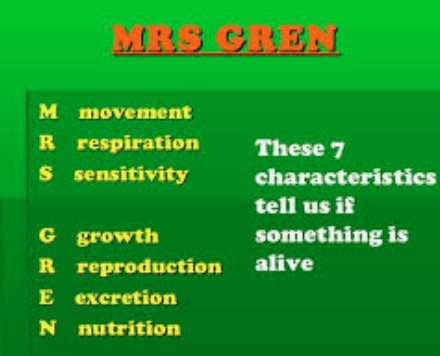


Kia ora 7F1 students. Below you will find this terms Achievement Objective and the Learning Intention.
Big Idea:
ACHIEVEMENT OBJECTIVE
Living world Level 3/4
Life processes
Recognise that there are life processes common to all living things and that these occur in different ways.
Ecology
Explain how living things are suited to their particular habitat and how they respond to environmental changes, both natural and human induced.
EXPLORE / TŪHURA learning intentions:
- We are EXPLORING to classify living or non-living things
- We are EXPLORING to understand what an eco-system is
- We are EXPLORING to investigate what a food chain is and give examples
SUCCESS CRITERIA
-
I can differentiate between living and non-living things
-
I can say if something is living, dead or never has lived.
-
I can define the term ecosystem.
-
I can describe the seven life processes.
-
I can identify what animal might eat a particular plant or animal
-
I can draw a food chain with arrows pointing in the right direction
ACTIVITIES
See Google Classroom for all the activities.
Period 1
Brainstorm on what things are living, non living and have never lived.
PPP on living and non living
Period 2
Living and non living thing group tasks
Worksheets on Google Classroom
Period 3
Find as many living, non living and never lived things around the school
Homework
-

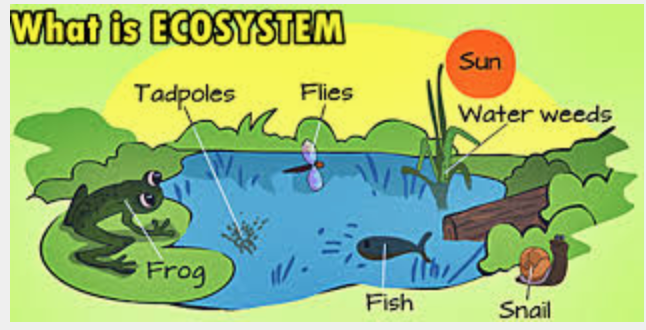
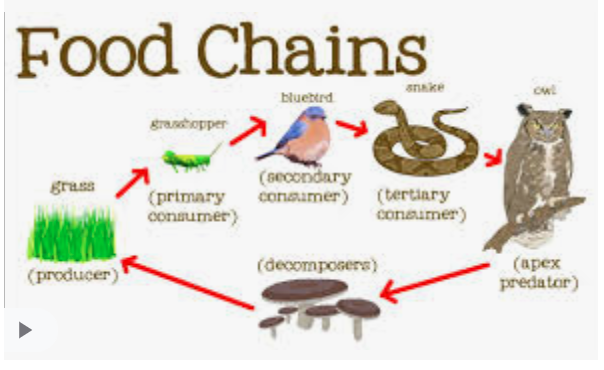
Kia ora 7F2 students. Below you will find this terms Achievement Objective and the Learning Intention.
Big Idea:
ACHIEVEMENT OBJECTIVE
Living world Level 3/4
Life processes
Recognise that there are life processes common to all living things and that these occur in different ways.
Ecology
Explain how living things are suited to their particular habitat and how they respond to environmental changes, both natural and human induced.
EXPLORE / TŪHURA learning intentions:
- We are EXPLORING to classify living or non-living things
- We are EXPLORING to understand what an eco-system is
- We are EXPLORING to investigate the seven stages of Mrs Gren
SUCCESS CRITERIA
-
I can differentiate between living and non-living things
-
I can say if something is living, dead or never has lived.
-
I can define the term ecosystem.
-
I can describe the seven life processes.
-
I can identify what animal might eat a particular plant or animal
-
I can draw a food chain with arrows pointing in the right direction
ACTIVITIES
See Google Classroom for all the activities.
Period 1
Brainstorm on what is Mrs Gren
PPP on Mrs Gren
Period 2
Mr Gren group tasks
Worksheets on Google Classroom
Period 3
Discussion on what an 'Ecosystem' is.
Homework
Education Perfect
-
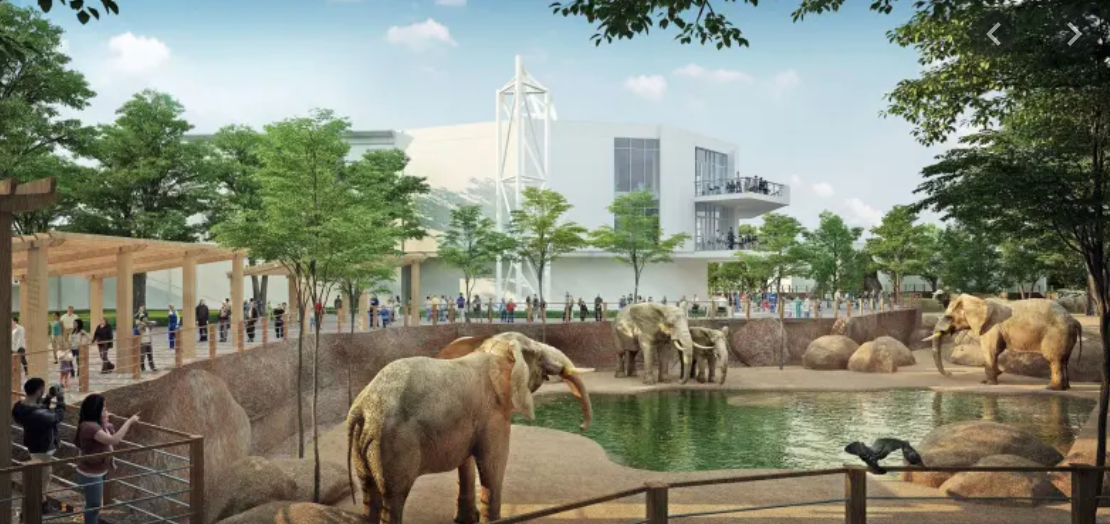
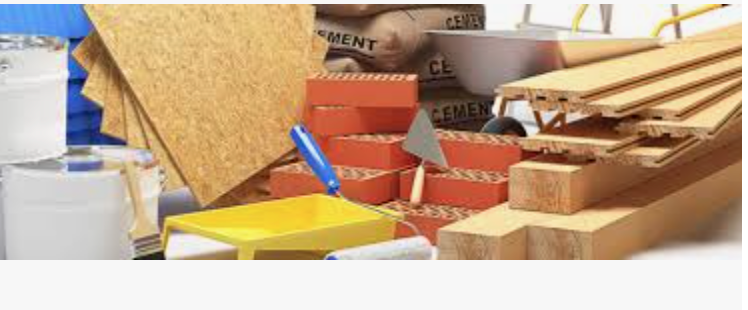
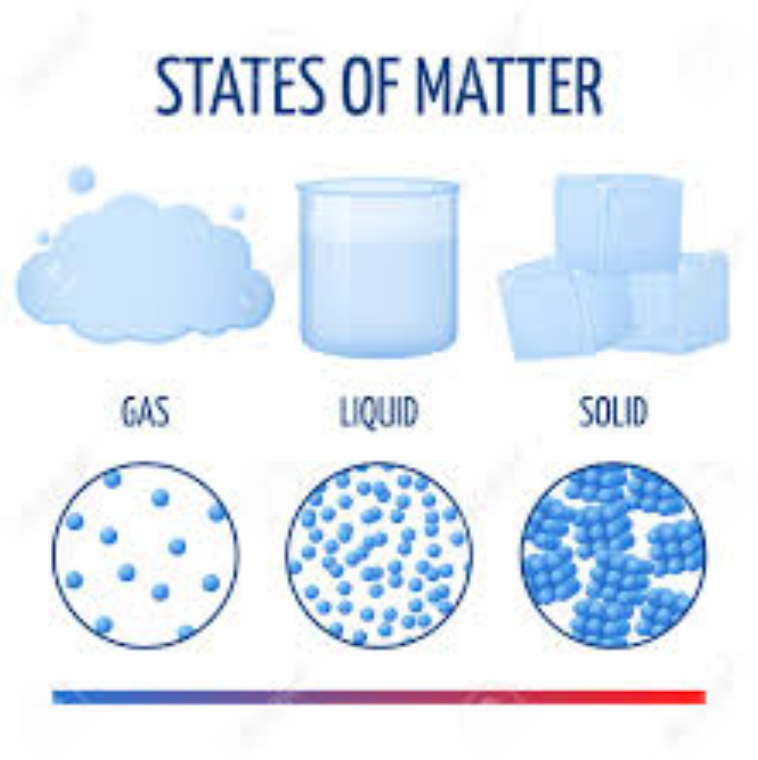
Kia ora 7F2 students. Below you will find this terms Achievement Objective and the Learning Intention.
Big Idea: 'Grand design' Zoological edition
ACHIEVEMENT OBJECTIVE
Living world Level 3/4
Life processes
Recognise that there are life processes common to all living things and that these occur in different ways.
Ecology
Explain how living things are suited to their particular habitat and how they respond to environmental changes, both natural and human induced.
FOCUS / ARONGA learning intentions:
- We are FOCUSING to describe the different properties of materials.
- We are FOCUSING to develop and understanding of the different stages of matter.
- We are FOCUSING to identify the first 20 elements of the Periodic table.
SUCCESS CRITERIA
-
I can select appropriate materials for my zoo enclosure project.
-
I can describe different properties of materials.
-
I can identify different materials.
-
I can explain the difference between solid liquid and gases.
-
I can identify the first 20 elements of the periodic table.
-
I can choose and design an enclosure for my favorite animal in the zoo.
ACTIVITIES
See Google Classroom for all the activities.
Period 1
PPP on different materials
Worksheet "Describe what different materials can be used when building a house"
Period 2
PPP on materials and their properties
BBC bitesize reading on properties of materials
Fill out the material grid
Period 3
Walk through the whanau's and collect pictures of different materials you can find.
Homework
Education Perfect
-



Kia ora 7F2 students. Below you will find this terms Achievement Objective and the Learning Intention.
Big Idea:
ACHIEVEMENT OBJECTIVE
Living world Level 3/4
Life processes
Recognise that there are life processes common to all living things and that these occur in different ways.
Ecology
Explain how living things are suited to their particular habitat and how they respond to environmental changes, both natural and human induced.
FOCUS / ARONGA learning intentions:
- We are FOCUSING to describe the different properties of materials.
- We are FOCUSING to develop and understanding of the different stages of matter.
- We are FOCUSING to identify the first 20 elements of the Periodic table.
SUCCESS CRITERIA
-
I can select appropriate materials for my zoo enclosure project.
-
I can describe different properties of materials.
-
I can identify different materials.
-
I can explain the difference between solid liquid and gases.
-
I can identify the first 20 elements of the periodic table.
-
I can choose and design an enclosure for my favorite animal in the zoo.
ACTIVITIES
See Google Classroom for all the activities.
Period 1
Tabloid day
Period 2
PPP on solid, liquid and gases
Worksheet
You tube clip "Solid, liquid and gases"
Period 3
Reflection on the zoo trip.
Experiment
Homework
Education Perfect
-



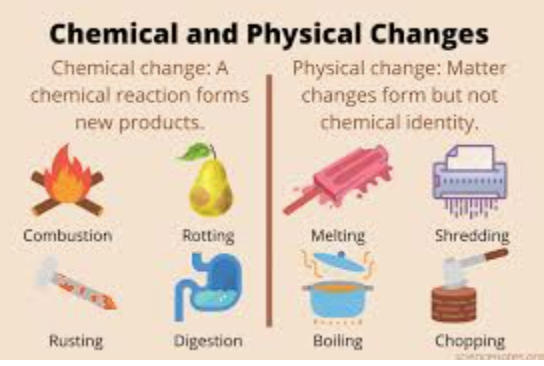
Kia ora 7F2 students. Below you will find this terms Achievement Objective and the Learning Intention.
Big Idea: Animal Grand Design
ACHIEVEMENT OBJECTIVE
Living world Level 3/4
Life processes
Recognise that there are life processes common to all living things and that these occur in different ways.
Ecology
Explain how living things are suited to their particular habitat and how they respond to environmental changes, both natural and human induced.
FOCUS / ARONGA learning intentions:
- We are FOCUSING to describe the different properties of materials.
- We are FOCUSING to develop and understanding of the different stages of matter.
- We are FOCUSING to identify the first 20 elements of the Periodic table.
SUCCESS CRITERIA
-
I can select appropriate materials for my zoo enclosure project.
-
I can describe different properties of materials.
-
I can identify different materials.
-
I can explain the difference between solid liquid and gases.
-
I can identify the first 20 elements of the periodic table.
-
I can choose and design an enclosure for my favorite animal in the zoo.
ACTIVITIES
See Google Classroom for all the activities.
Period 1
Powerpoint presentation on physical and chemical changes.
Discussion of the difference between physical and chemical changes.
Group work
Period 2
Density, hardness, colour, and melting and boiling points.
Experiment.
Period 3
Understanding electrical conductivity.
Homework
Education Perfect
-




Kia ora 7F2 students. Below you will find this terms Achievement Objective and the Learning Intention.
Big Idea: Animal Grand Design
ACHIEVEMENT OBJECTIVE
Living world Level 3/4
Life processes
Recognise that there are life processes common to all living things and that these occur in different ways.
Ecology
Explain how living things are suited to their particular habitat and how they respond to environmental changes, both natural and human induced.
FOCUS / ARONGA learning intentions:
- We are FOCUSING to describe the different properties of materials.
- We are FOCUSING to develop and understanding of the different stages of matter.
- We are FOCUSING to identify the first 20 elements of the Periodic table.
SUCCESS CRITERIA
-
I can select appropriate materials for my zoo enclosure project.
-
I can describe different properties of materials.
-
I can identify different materials.
-
I can explain the difference between solid liquid and gases.
-
I can identify the first 20 elements of the periodic table.
-
I can choose and design an enclosure for my favorite animal in the zoo.
ACTIVITIES
See Google Classroom for all the activities.
Period 1
Write up the properties of your chosen metals for your diorama.
Period 2
Density, hardness, colour, and melting and boiling points.
Calculate the density of different materials.
Period 3
Experiment 'Properties of metal and non-metals'
Homework
Work not completed in class
-




Kia ora 7F2 students. Below you will find this terms Achievement Objective and the Learning Intention.
Big Idea: Animal Grand Design
ACHIEVEMENT OBJECTIVE
Living world Level 3/4
Life processes
Recognise that there are life processes common to all living things and that these occur in different ways.
Ecology
Explain how living things are suited to their particular habitat and how they respond to environmental changes, both natural and human induced.
FOCUS / ARONGA learning intentions:
- We are FOCUSING to describe the different properties of materials.
- We are FOCUSING to develop and understanding of the different stages of matter.
- We are FOCUSING to identify the first 20 elements of the Periodic table.
SUCCESS CRITERIA
-
I can select appropriate materials for my zoo enclosure project.
-
I can describe different properties of materials.
-
I can identify different materials.
-
I can explain the difference between solid liquid and gases.
-
I can identify the first 20 elements of the periodic table.
-
I can choose and design an enclosure for my favorite animal in the zoo.
ACTIVITIES
See Google Classroom for all the activities.
Period 1
Finish the write up "materials" for your brochure
Period 2
Viscosity experiment
Period 3
Density experiment
Homework
Work not completed in class
-
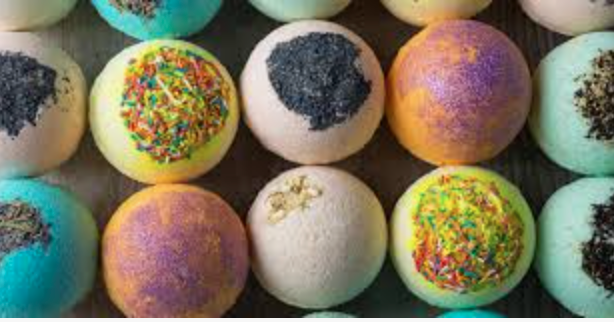
Kia ora 7F2 students. Below you will find this terms Achievement Objective and the Learning Intention.
Big Idea: Animal Grand Design
ACHIEVEMENT OBJECTIVE
Living world Level 3/4
Life processes
Recognise that there are life processes common to all living things and that these occur in different ways.
Ecology
Explain how living things are suited to their particular habitat and how they respond to environmental changes, both natural and human induced.
FOCUS / ARONGA learning intentions:
- We are FOCUSING to describe the different properties of materials.
- We are FOCUSING to develop and understanding of the different stages of matter.
- We are FOCUSING to identify the first 20 elements of the Periodic table.
SUCCESS CRITERIA
-
I can select appropriate materials for my zoo enclosure project.
-
I can describe different properties of materials.
-
I can identify different materials.
-
I can explain the difference between solid liquid and gases.
-
I can identify the first 20 elements of the periodic table.
-
I can choose and design an enclosure for my favorite animal in the zoo.
ACTIVITIES
See Google Classroom for all the activities.
Period 1
Finish the viscosity experiment
Period 2
Making bath bombs
Period 3
Forest fun day out
Homework
Work not completed in class






